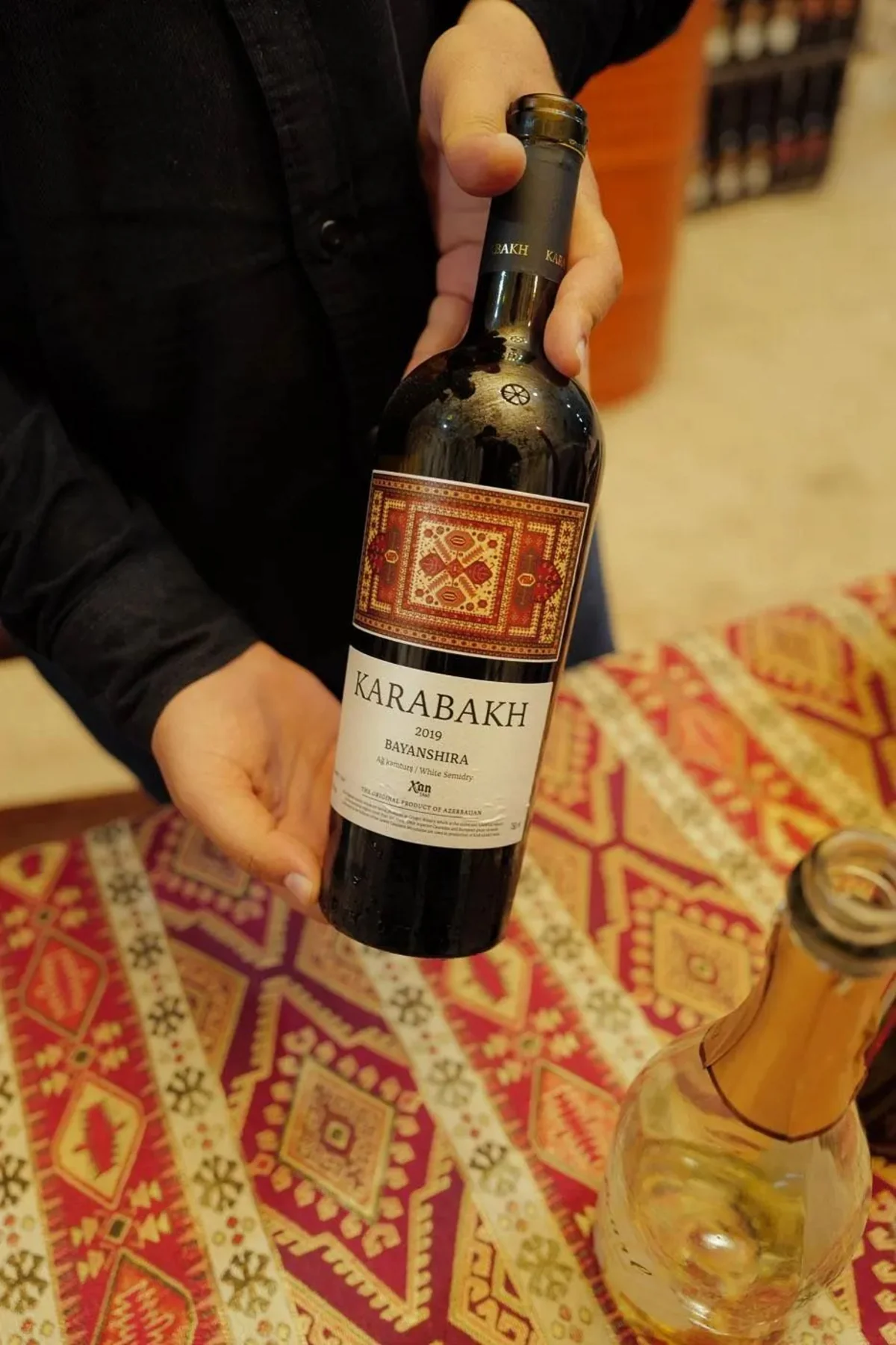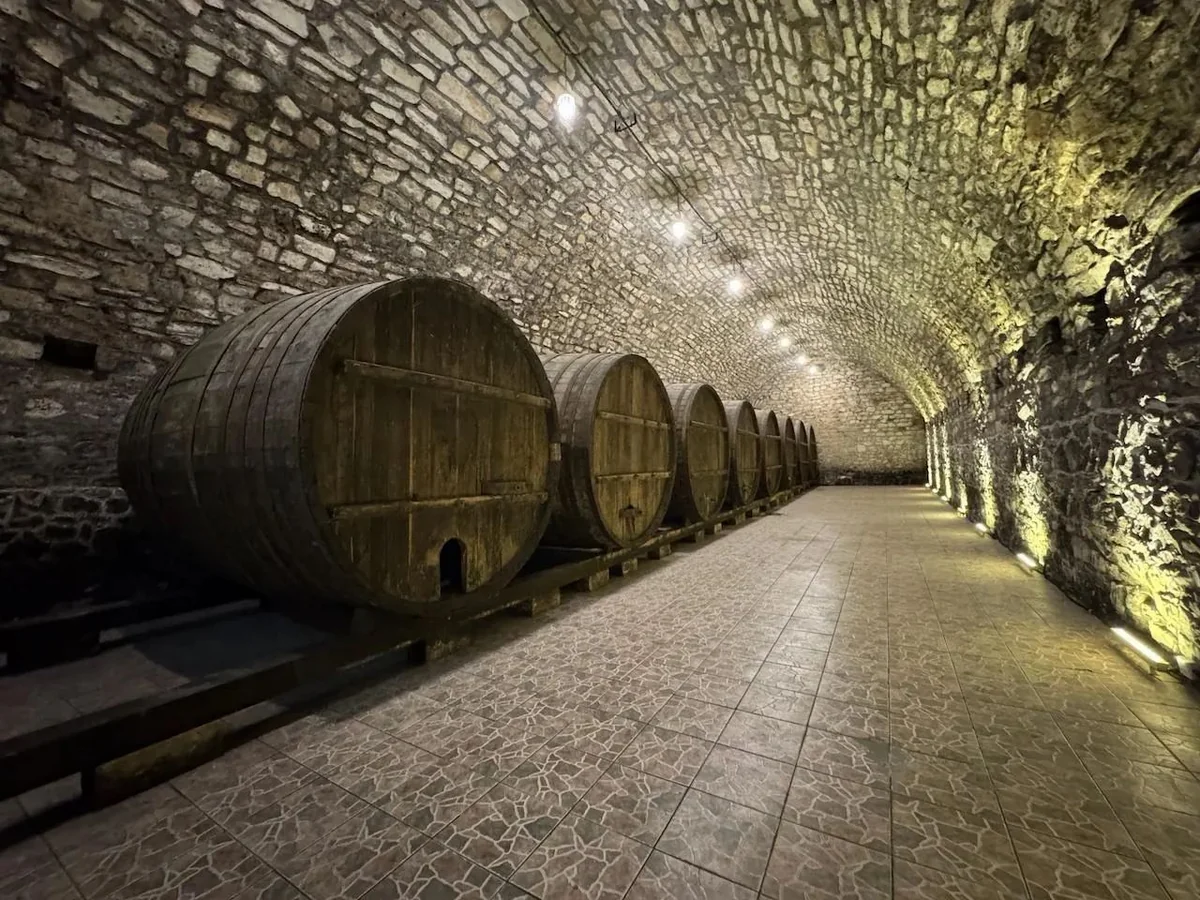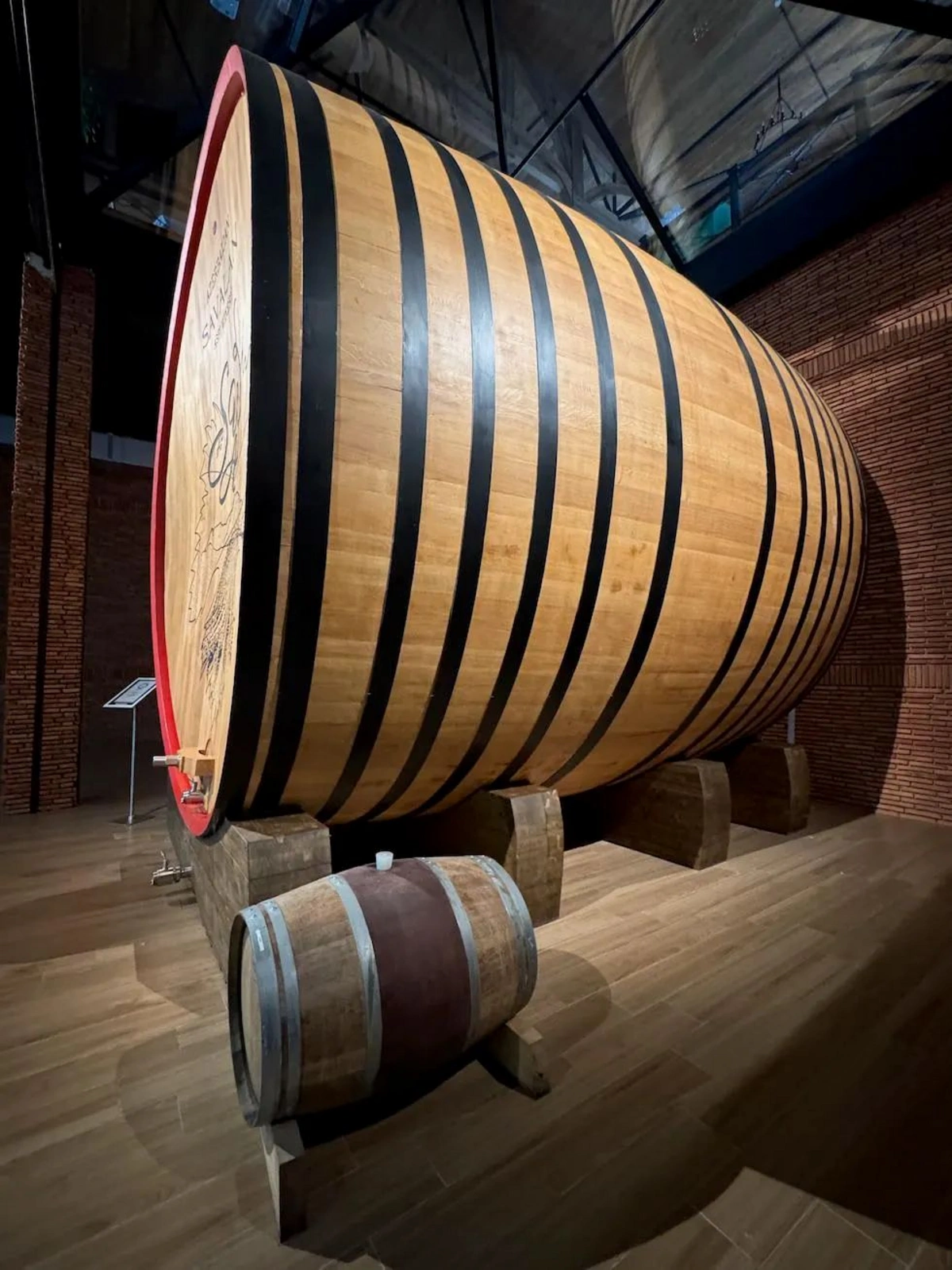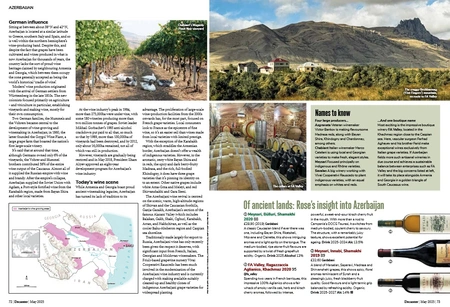Forbes: Azerbaijan bets on quality and uniqueness in winemaking
- 18 June, 2025
- 12:24

Forbes and Decanter have published articles dedicated to the revival and development of winemaking activity and culture in Azerbaijan.
According to Report, the Forbes article titled "Azerbaijan Angles To Distinguish Its Wines" emphasizes the country’s growing ambition to carve out a significant place on the global wine scene by prioritizing quality over quantity.
The article’s author notes that interest in winemaking in Azerbaijan waned somewhat after the collapse of the Soviet Union. However, in the years that followed, the country returned to developing this sector with renewed energy and ambition.
"Since about the year 2000 wine production has increasingly revived in Azerbaijan, focused more on quality than volume. By 2017 up to 5,000 acres (2,000 hectares) of new vineyards were being planted annually, and in 2018 the Baku Wine School was established to train sommeliers," the article reads.

The article highlights that Azerbaijan currently cultivates a mix of three categories of grape varieties:
International (such as red Pinot Noir and white Viognier),
Indigenous Azerbaijani (like red Madrasa and white Bayan Shirey),

Traditional Caucasian varieties — including red Saperavi and white Rkatsiteli, which originate from Georgia.
When discussing regions known for their winemaking potential, the author names several key zones: Baku-Absheron, the Caspian coastline, Shirvan and the foothills of the Caucasus, as well as Ganja-Gazakh, Nakhchivan, and Lankaran-Astara.

Forbes places particular emphasis on the country’s climate, comparing the conditions for grape growing to those of Italy's leading winemaking regions — Sicily and Tuscany:
"Located between the Caspian Sea and the Caucuses Mountains, the climate here is warm Mediterranean with scant rain. The soil includes blue clay with limestone beneath and the vines receive about 12 inches (300 millimeters) of rain a year—a third of what falls on Tuscany, or half what falls on the island of Sicily," the article notes.

To provide a comprehensive view of the richness and specificities of Azerbaijan's winemaking, the article includes insights from local experts and winemakers. One of the interviewees is Marco Catelani, a winemaker from Tuscany who has been living in Azerbaijan for 15 years.
"Our focus is on local Caucasian varieties and to promote Azerbaijan character. With Madrasa and Bayan Shira I am promoting authentic material for Azerbaijan. People now are more proud of local varieties," the entrepreneur told Forbes.
The article also mentions that Azerbaijan is not only ramping up wine production but also actively promoting wine tourism in the country.
"Local and regional grape varieties contribute unique flavor profiles that can help establish vintner identity. Their unique flavors also pair well with Azerbaijan’s wealthy cuisine," the article says.
Decanter, a leading wine-focused magazine, writes that winemaking in Azerbaijan is centered in picturesque, warm, highland areas like Shirvan and the foothills of the Caucasus, Ganja-Gazakh, the famous Alazani Valley, Karabakh, Aran, and Nakhchivan, as well as the cooler Baku-Absheron region and the Caspian Sea coast.

The magazine notes that in 1984, Azerbaijan had more than 275,000 hectares of vineyards, and about 180 winemaking enterprises were operating in the republic. However, due to Mikhail Gorbachev's policy, more than 130,000 hectares of vineyards were destroyed by 1989.
The restoration of the industry in independent Azerbaijan received a major boost following the approval by President Ilham Aliyev in May 2018 of an eight-year program for the development of the winemaking industry.
Decanter also points out that traditionally, the wine produced in Azerbaijan is primarily exported to Russia.


